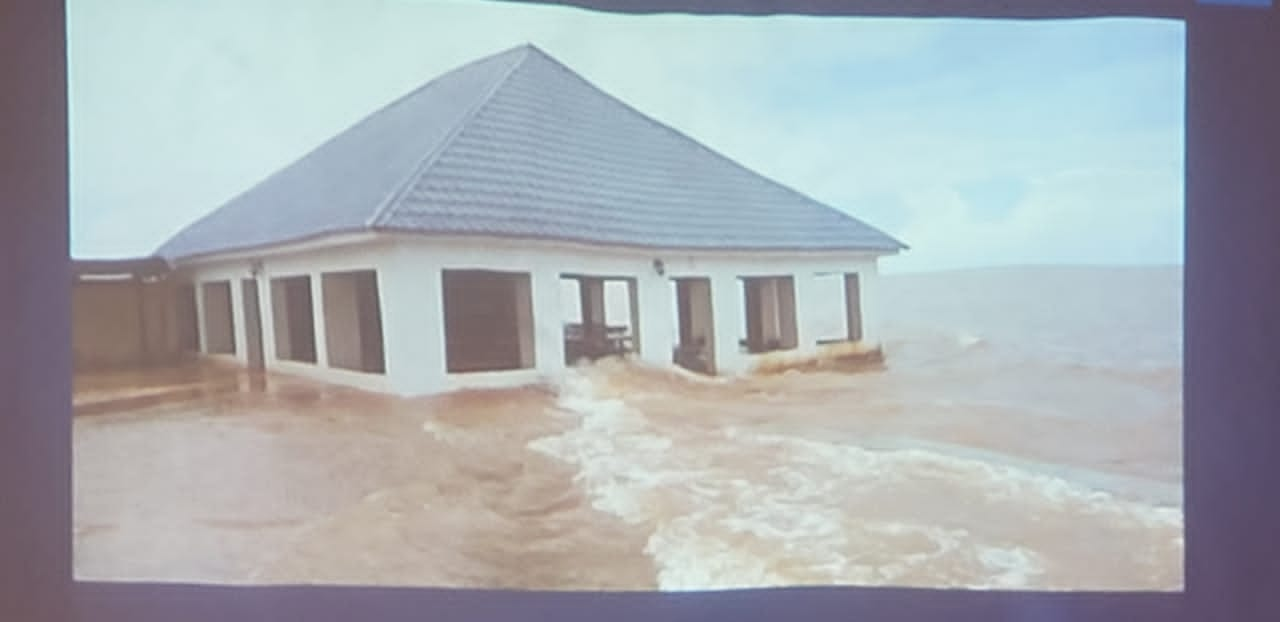By Draxon Maloya
A looming crisis is unfolding as rising water levels in Lake Malawi threaten to derail the country’s socioeconomic growth, particularly in the tourism sector.
The alarming water volume is just 35cm shy of its highest point, sparking fears of water-related catastrophes.
Addressing the Mzuzu full Council meeting on Wednesday Masozi Kasambara, Senior Civic Education and Public Relations Officer for the National Water Resources Authority (NWRA), warned of higher water levels in the upcoming hydrological year.

“The NWRA and the Department of Climate Change have already made some projections in relation to the current water levels in Lake Malawi, there’s need to adhere to maintaining the 477m contour line to prevent water related catastrophes,” emphasized Kasambara.
Gomezgani Nyasulu, CEO of Mzuzu City Council, pledged support for NWRA’s efforts, highlighting the 2013 Water Resources Act’s call for prudent management of water resources.
“We appreciate the meeting has enlightened the Council on what is contained in the Water Resources Act of 2013. We will be part and parcel of the Authority in providing checks and balances in the management of water resources,” said Nyasulu.

Drawing participants from Mzuzu University (academia) Malawi Defense Force, Police, DODMA, Ministry of Water and the Civil Societies, the meeting was part of the NWRA’s statutory responsibility, conducting sensitization workshops for district, municipal, and city councils to inform them about the legal framework governing its establishment.
Despite NWRA’s water resources management efforts, concerns persist regarding domestic and industrial settlements using contaminated borehole water, regardless of the snap surveys by NWRA and Mzuzu University revealing unsuitabilities.
Meanwhile, to address water-related challenges, the Malawi Water Resources Authority is implementing the Malawi 2063 first 10-year implementation plan, focusing on sustainable water management for economic growth.



